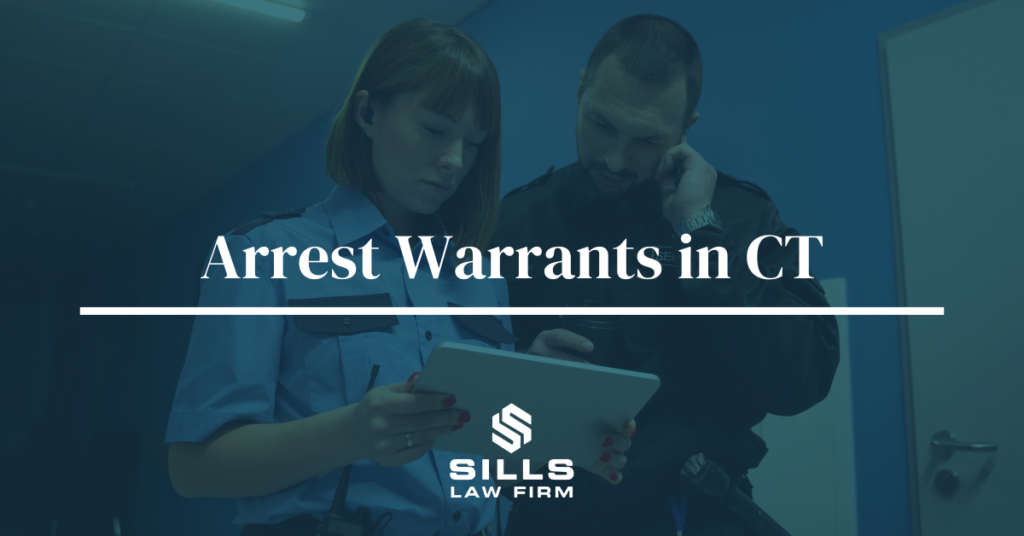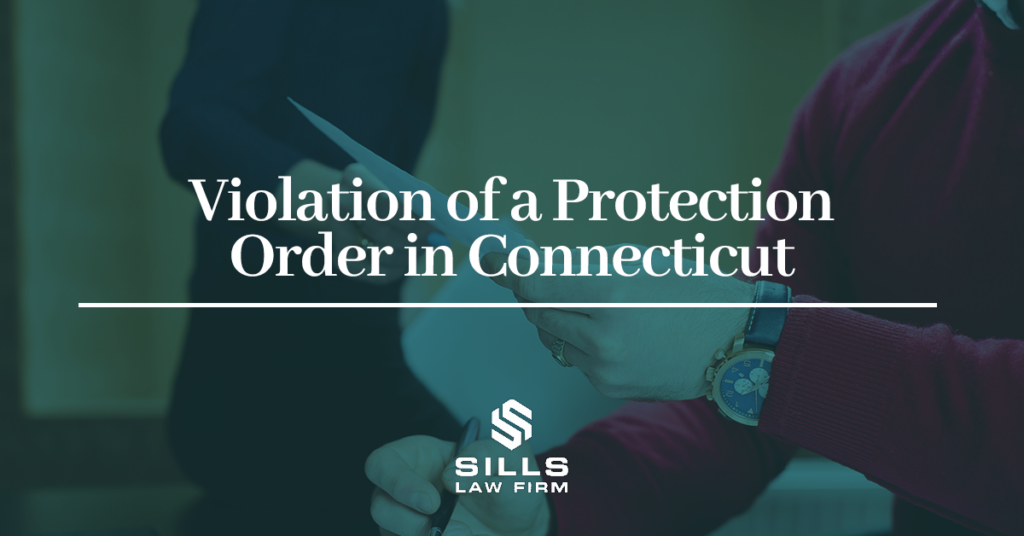What is Larceny?
More commonly referred to as theft, larceny charges range from 1st degree (the most serious) to 6th degree (the least severe). In Connecticut, a person commits larceny when they wrongfully take, obtain or withhold such property from an owner with intent to deprive another of property or to appropriate the same to themselves or a third person.
Examples of larceny include embezzlement, obtaining property by pretenses, acquiring property by mistake, extortion, and, most popularly—shoplifting. However, not all larceny charges are the same. You are punished based on how much you stole and how you did it, which amounts to the charge’s degree.
Below we’ll discuss the least severe offense—6th-degree larceny—and what it’s all about.
What Are the Penalties for 6th Degree Larceny?
6th-degree larceny is also known as “petty theft.” Larceny in the 6th degree in Connecticut refers to the value of property or services stolen as $500 or less, and it is a class C misdemeanor. The maximum penalty is three months in prison and/or a $500 fine.
First-Time Offender
For a first offense theft or shoplifting charge, it is often possible to get the charge dropped in exchange for restitution, repaying the value of goods taken, or community service. These options would prevent you from having a criminal record.
Juvenile Offender
A juvenile offender is a person under 18 who has violated – or attempted to violate – any state or federal law. Many shoplifters and petty theft offenses are by juveniles. A juvenile, especially a first-time offender, can expect different penalties than an adult. At Sills Law Firm, we aim to get you probation that could last up to six months, restitution or paying back the store owners, or parental release.
For repeat offenders, a juvenile charged with petty theft may face a penalty of diversion. Diversion requires the offender to enroll in an education program, maintain a specific GPA, and do community work. This program can replace a formal court hearing.
Multiple Offenses
An offender with a prior record with two previous convictions for larceny in Connecticut or any other state could face an enhanced sentencing enhancement. If you have prior larceny convictions, the charge could be elevated to a Class D felony as a persistent larceny offender, which can result in up to 5 years in jail.
However, it is often possible to have charges dropped in exchange for restitution and community service for a first offense larceny charge. Dropped charges would prevent you from facing jail time and having a criminal record, which could damage your ability to get a job or get accepted to a university. As an offender, you may qualify for Accelerated Rehabilitation, which allows you to be put on probation and have the charges dropped from your record after 13 months. Accelerated Rehabilitation is a great route as long as you do not commit any additional offenses.
Shoplifting and 6th-Degree Larceny
The store owners or employees are empowered to detain a suspected shoplifter while waiting for the police. Please know that the only questions that you have to answer are your name and address. It is not unusual for suspects to be coerced into signing statements or confessing to the store owners. It’s crucial not to answer any additional questions.
At Sills Law Firm, we will attempt to negotiate to get your charges dropped or lessened if you are first-time larceny in the 6th-degree offender. We do review the specific facts of your case carefully and strategize on how best to proceed.
Facing Petty Theft Charges in Connecticut?
If you have been charged with larceny, you need an experienced criminal defense lawyer by your side. Our Connecticut criminal defense attorneys at The Sills Law Firm are ready to defend you, whether you have a minor petty theft charge, a misdemeanor shoplifting charge or a felony robbery charge. Our skilled team has successfully represented people in these situations, and we have the skills and resources to fight for you.
What Factors Prove Larceny?
You would be found guilty of larceny in the 6th degree if proven that you acted with an intent to take someone else’s property or that you engaged in one of the following acts:
- That you intentionally removed goods from the premises of any store without paying for the merchandise or goods.
- That you intentionally concealed goods that you did not pay for while you were on the store premises.
- That you intentionally altered, defaced, switched, swapped, or changed a price tag on an item to change the price to a lower price.
- That you intentionally failed to scan items in a self-check-out lane or attempted to leave without paying.
Is Receiving a Misdemeanor Summons the Same as an Arrest?
At Sills Law Firm, sometimes our clients receive misdemeanor summons with a court hearing date instead of getting arrested. A misdemeanor summons often has the same outcome as an arrest which is a scheduled court date. It is very rare to be arrested following a summons court hearing.
Larceny in the 6th-degree charge is an offense you should take seriously, and it can significantly affect your reputation and employment. Hiring an experienced Connecticut criminal defense attorney to defend these allegations vigorously is crucial.
Call (860) 524-8118 or contact us online to speak with a Connecticut criminal defense attorney.






